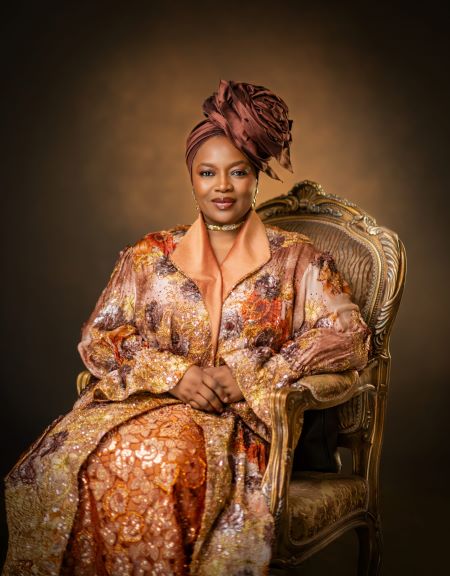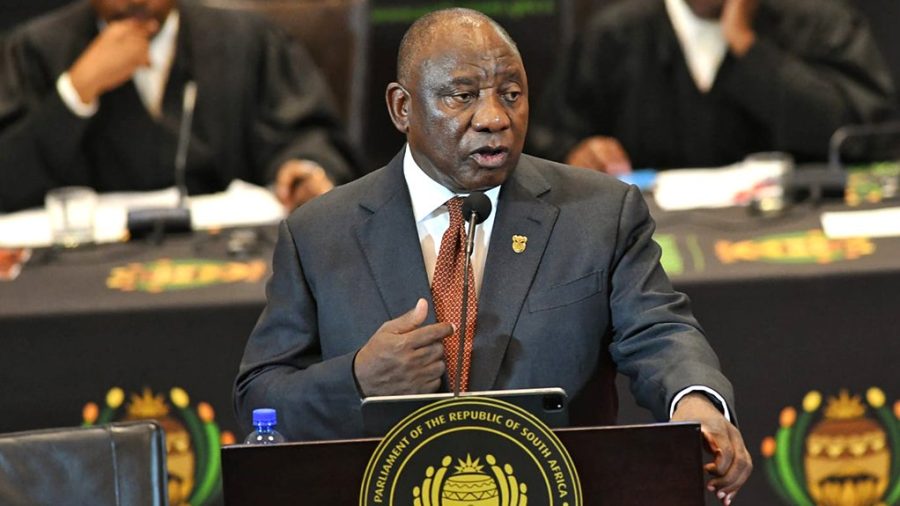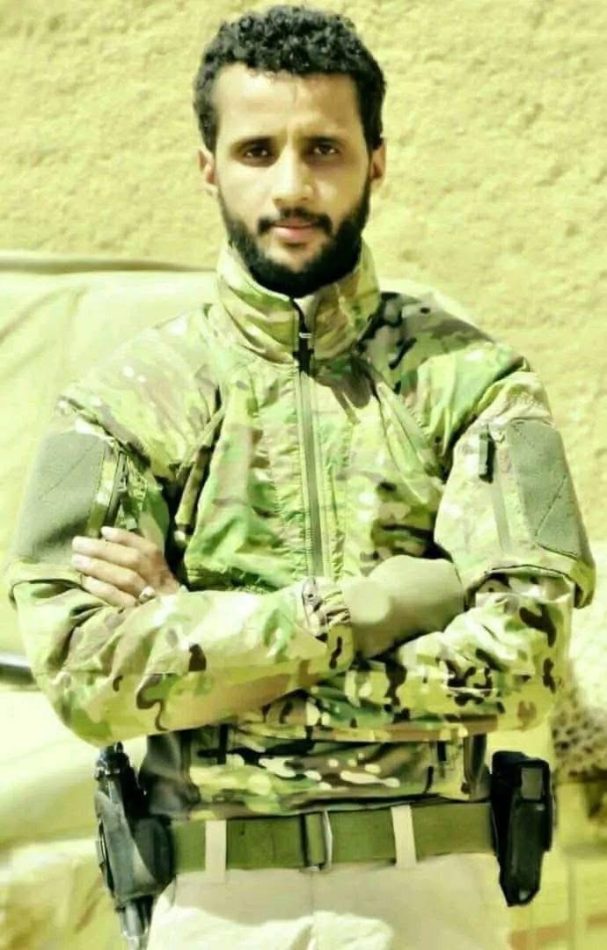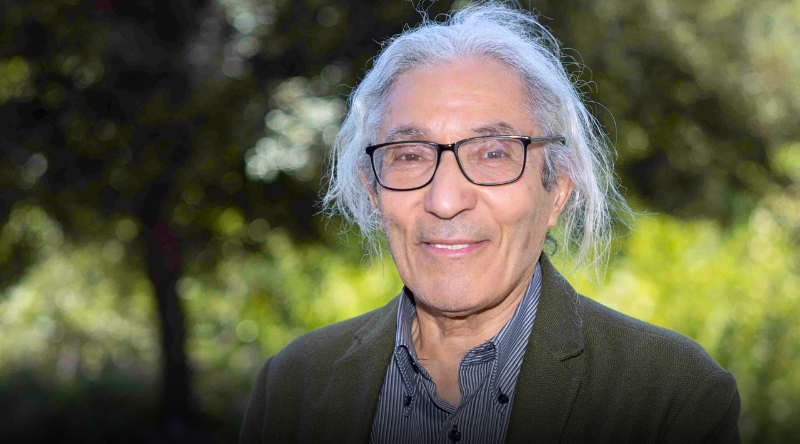In early 2025, a sweeping executive order by President Donald Trump sent tremors through the international development community. Titled “Reevaluating and Realigning United States Foreign Aid,” the order paused major funding channels, most notably through the United States Agency for International Development (USAID); and laid bare the fragile scaffolding upon which much of Africa’s social welfare infrastructure precariously rests.
For many war-torn and poverty-stricken African nations, the implications were
immediate and grim. USAID, the U.S. government’s flagship development agency, has long played an outsized role in shaping humanitarian and economic interventions across the continent. Its funds, running into the tens of billions of dollars, have sustained critical programs in health, food security, and emergency relief. Yet, in pausing the flow of these resources, Trump may have unintentionally exposed a more uncomfortable truth: for all the billions disbursed, little has structurally changed in Africa.
The statistics are staggering. In 2023, USAID allocated $72 billion across 209 countries, with $1 billion earmarked for Nigeria alone. The previous year saw a similar outlay: $74 billion distributed across 21,000 programs in 212 countries, of which Nigeria received $970 million. But these figures rarely find meaningful expression in the lives of those they are meant to uplift. Internally Displaced Persons (IDPs) in Nigeria continue to live in appalling conditions, plagued by food insecurity, poor sanitation, and limited healthcare. If so much has been spent, where are the results?
Allegations of mismanagement, corruption, and collusion between local intermediaries and foreign actors abound. Even the United Nations, long a patron of the NGO industrial complex, has expressed concern. At one point, it deployed Graca Machel, human rights advocate and widow of Nelson Mandela; to engage directly with NGOs in a bid to understand the root of their inefficiencies.
The mushrooming of non-governmental organizations across Africa was once heralded as the rise of civil society. Today, critics suggest it may be more of a symptom of state failure than a solution to it. While thousands of NGOs claim to tackle issues ranging from gender inequality to public health and economic empowerment, the continent continues to grapple with endemic poverty, failing infrastructure, and systemic marginalization.
This dissonance raises a fundamental question: Are NGOs the right vehicle for
meaningful development? Or have they become well-funded placeholders, substituting, rather than supplementing, the role of government? Indeed, the problem may not lie in intent but in architecture. Much of Africa’s poverty is structural – rooted in colonial legacies, global economic disparities, and internal governance failures. In such a context, NGO interventions often resemble tokenistic gestures: temporary reliefs rather than transformative change.

Still, exceptions exist, figures and movements that attempt to rise above the fray. One such example is Aisha Babangida, daughter of the late Maryam Babangida, former First Lady of Nigeria and founder of the Better Life Programme for the African Rural Woman (BLPARW). Aisha has revitalized her mother’s legacy, expanding its footprint beyond Nigeria into countries as Kenya, with a renewed focus on economic empowerment for rural women.
Her initiatives, such as Egwafin Microfinance Bank, founded in 2016, and the Women Enterprise Alliance, launched in 2018, aim to provide access to finance and mentorship in regions where traditional banking is inaccessible and gender biases are entrenched. Her Tasnim Foundation quietly pays tuition for girls in rural areas; her Leadership Foundation trains young women for roles in civic life and business.
But even these laudable efforts raise questions about scale and sustainability. Can one woman’s commitment offset decades of systemic neglect? What has the Better Life Programme achieved in its many decades of existence beyond isolated successes? As Aisha herself admits, the challenges are enormous, and multiplying. At the heart of this issue lies an abdication of duty by many African governments.
Development, social protection, and public health are sovereign responsibilities. When these are outsourced to NGOs; some of which are reportedly vehicles for money laundering or tax evasion, the social contract between state and citizen is eroded.
By contrast, Asian nations such as South Korea, Singapore, and Malaysia took a different path. Rather than relying on foreign benevolence, they empowered their citizens with tools, education, and financial mechanisms for self-reliance. The adage was not lost on them: Don’t give me a fish; teach me how to fish.
Africa has the capacity to emulate this model but only if its leaders decide to invest in their people with purpose and vision. NGOs may have a place as partners, but they should never be the primary architects of a continent’s future.
What Africa needs is a paradigmatic shift from dependency to dignity, from aid to agency. Governments must reclaim their role as the chief custodians of national development. The wave of political revolutions sweeping across the continent suggests a growing impatience with the status quo.
Unless African governments commit to meaningful reform and investment in their populations, NGOs will continue to function as palliatives, softening the blow of suffering, perhaps, but never preventing it. And the dream of a better life for the rural woman, for the displaced child, for the African citizen, will remain just that – a dream.
By Moji Danisa




